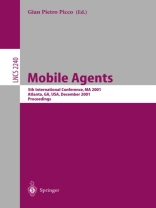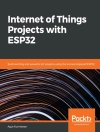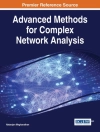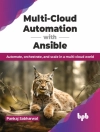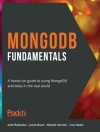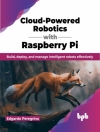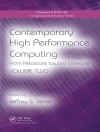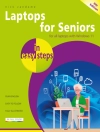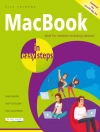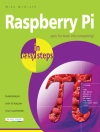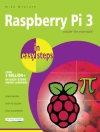Recent years have witnessed the appearance of new paradigms for designing distributed applications where the application components can be relocated – namically across the hosts of the network. This form of code mobility lays the foundation for a new generation of technologies, architectures, models, and – plications in which the location at which the code is executed comes under the control of the designer, rather than simply being a con?guration accident. Among the various ?avors of mobile code, the mobile agent paradigm has become particularly popular. Mobile agents are programs able to determine – tonomously their own migration to a di?erent host, and still retain their code and state (or at least a portion thereof). Thus, distributed computations do not necessarily unfold as a sequence of requests and replies between clients and – mote servers, rather they encompass one or more visits of one or more mobile agents to the nodes involved. Mobile code and mobile agents hold the potential to shape the next gene- tion of technologies and models for distributed computation. The ?rst steps of this process are already evident today: Web applets provide a case for the least sophisticated form of mobile code, Java-based distributed middleware makes – creasing use of mobile code, and the ?rst commercial applications using mobile agents are starting to appear.
Gian P. Picco
Mobile Agents [PDF ebook]
5th International Conference, MA 2001 Atlanta, GA, USA, December 2-4, 2001 Proceedings
Mobile Agents [PDF ebook]
5th International Conference, MA 2001 Atlanta, GA, USA, December 2-4, 2001 Proceedings
ซื้อ eBook เล่มนี้และรับฟรีอีก 1 เล่ม!
ภาษา อังกฤษ ● รูป PDF ● ISBN 9783540456476 ● บรรณาธิการ Gian P. Picco ● สำนักพิมพ์ Springer Berlin Heidelberg ● การตีพิมพ์ 2003 ● ที่สามารถดาวน์โหลดได้ 3 ครั้ง ● เงินตรา EUR ● ID 6318719 ● ป้องกันการคัดลอก Adobe DRM
ต้องใช้เครื่องอ่านหนังสืออิเล็กทรอนิกส์ที่มีความสามารถ DRM
